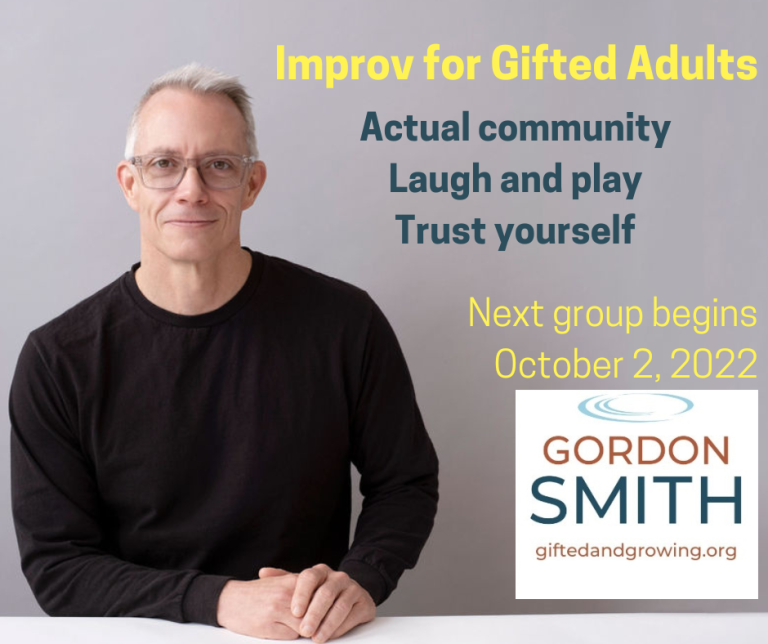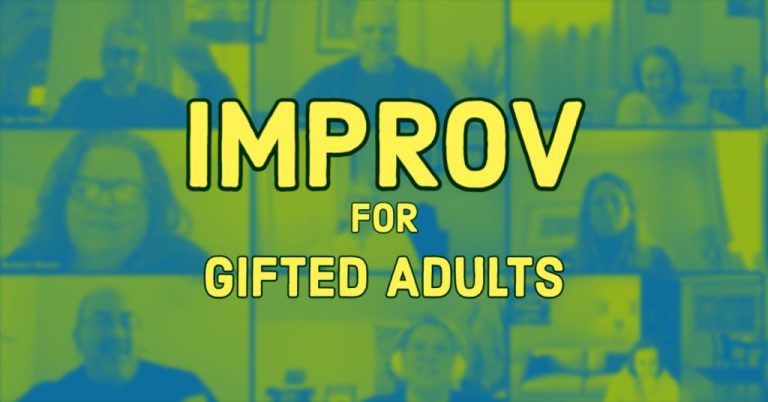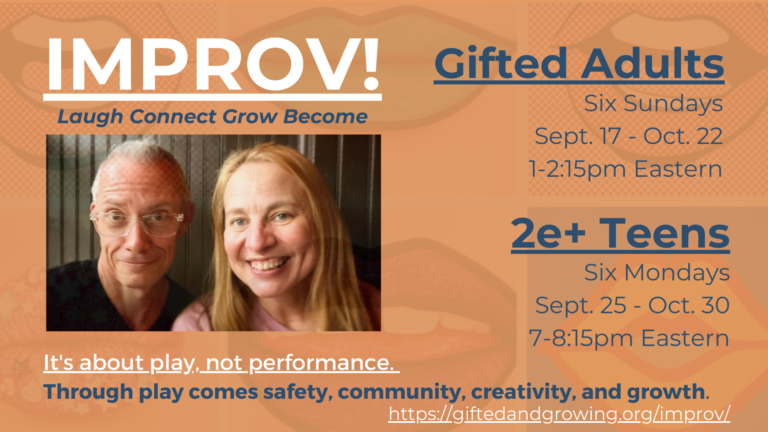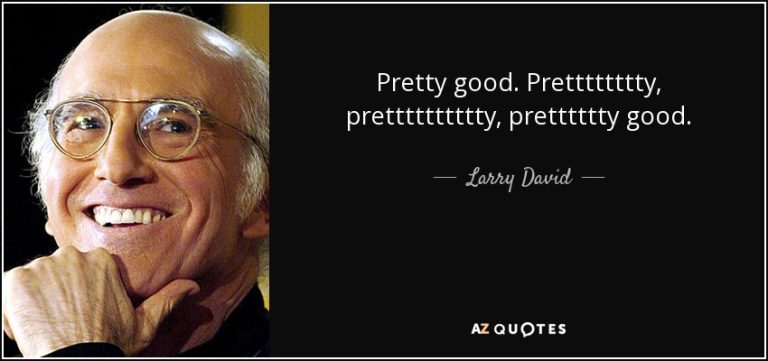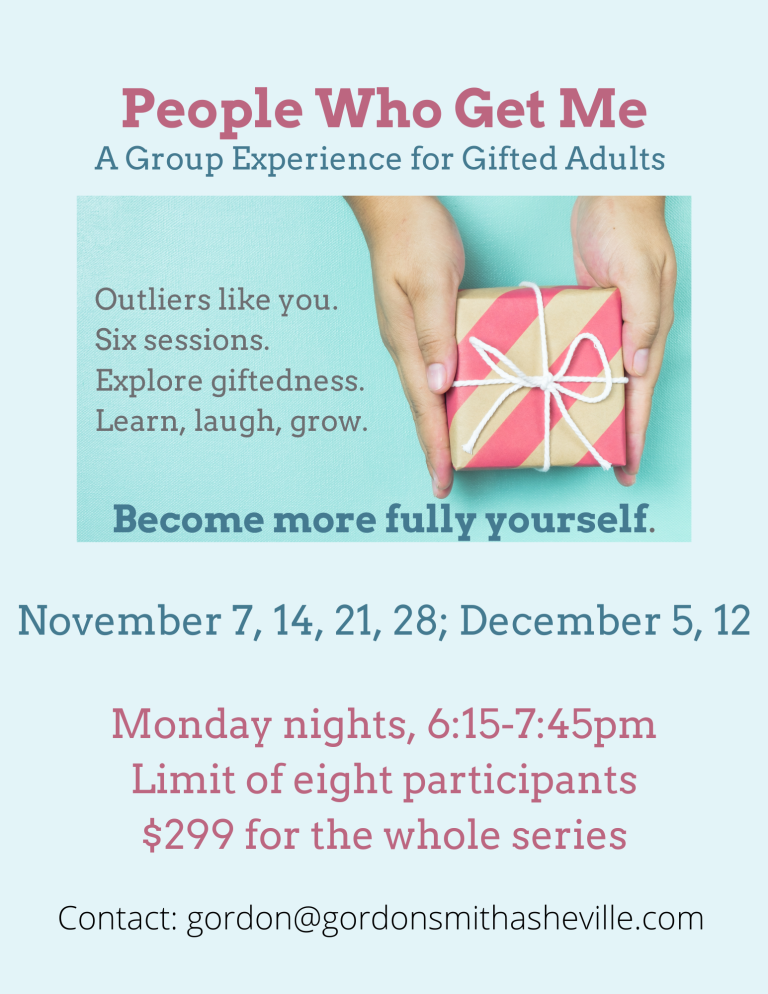That thing you love to do? The swing of the racket, or the turn of the phrase; The moment of ‘Aha!’ realization; An exhiliarating sprint; The balance of color under your brush; Engrossed and immersed in a state of flow/joy; The core of why you do the things you love to do.
You felt those feelings for the first time once, and you were drawn back to feel them again and again. Matches were won. Stories were written. Truths were uncovered. Art was created. And at the core of those things is the joy of doing them.
 You, through some process, evolved from joy-seeking to mastery-seeking. You found layer after layer of fulfillment as your serve came together or your art found new depths of sophistication, as you got better at getting that restaurant running like a Swiss watch or bringing those projects to expectation-exceeding fruition. Joy and fulfillment combo! This sharpening of your skills served to bring that combination to new emotional heights.
You, through some process, evolved from joy-seeking to mastery-seeking. You found layer after layer of fulfillment as your serve came together or your art found new depths of sophistication, as you got better at getting that restaurant running like a Swiss watch or bringing those projects to expectation-exceeding fruition. Joy and fulfillment combo! This sharpening of your skills served to bring that combination to new emotional heights.
Then, somewhere along the way, other motivations entered the arena. Wanting to sell enough paintings to make a living; Beating last quarter’s numbers; Dying to get into a good university, so you can get a good job; Winning the next tournament; An achievement focus began to share the stage with joy, fulfillment, and passion.
That’s when things got muddy. Yes, you’re great at math, but you’re not sure why you’re toiling for toiling’s sake. Sure, you love to paint, but grinding it out day after day after day produces burnout. Winning matches is great and all, but even that can leave you feeling empty. You’re a dialectic thinker with a talent for systems improvements, and you’ve gotten bored solving the same problems month after month.
For some, the achievement orientation overtakes and subsumes the old motivations. More medals, more awards, more degrees, more money, more renown – these things become the drive, and they can transform joyous pursuits into begrudging drudgery.
When a high school senior came to me having panic attacks, he soon recognized that he was terrified of going to college. “You have to go to college,” he said, as though it were an immutable law of physics. Hearing himself, he said, “Well, I guess you don’t have to.”
Then came thoughtful examination and a recognition that he wanted to go to college. Why? Because he loves to learn. The panic began to lift. Agency began to be restored. The sense of obligation and the emptiness of studying hard just to achieve admission to a good college wasn’t enough. The power of choosing to spend his days immersed in learning with others? That was the juice, the good stuff, the joy and fulfillment.
It’s a beautiful thing when people transform their passions into their pursuits. It’s made more beautiful by the choice to stay centered in the joy and fulfillment with which they began.

Life can feel hollow if it’s all about achievements, and it can feel chaotic if it’s all about passion. Being able to to build a life around your passions means toggling between the two orientations, both building a structure and remaining in direct contact with the passion that drives your goal.
Remind yourself why you do what you do. Ask yourself not just what you’d like to achieve, but what kinds of experiences you’d like to have and what person you’d like to become. Return to that flow state and remember the beautiful simplicity of the swing of the racket, the turn of the phrase, the grace of the sprint, the clarity of the idea, the elation of a smooth-running system. At that simple center lies meaning, purpose, and fullness.


